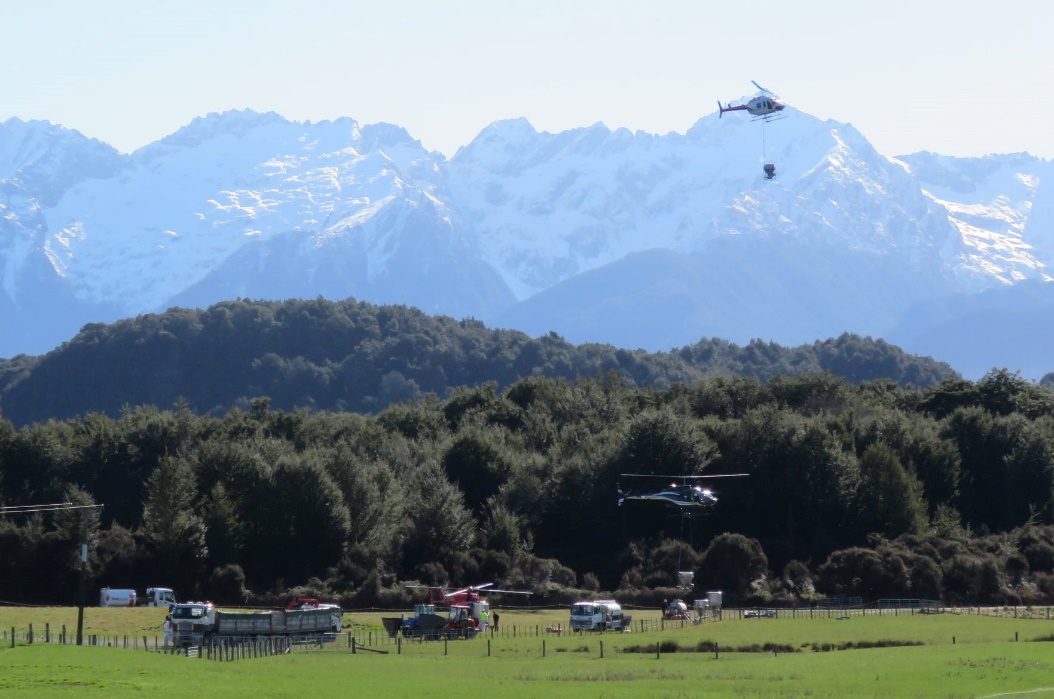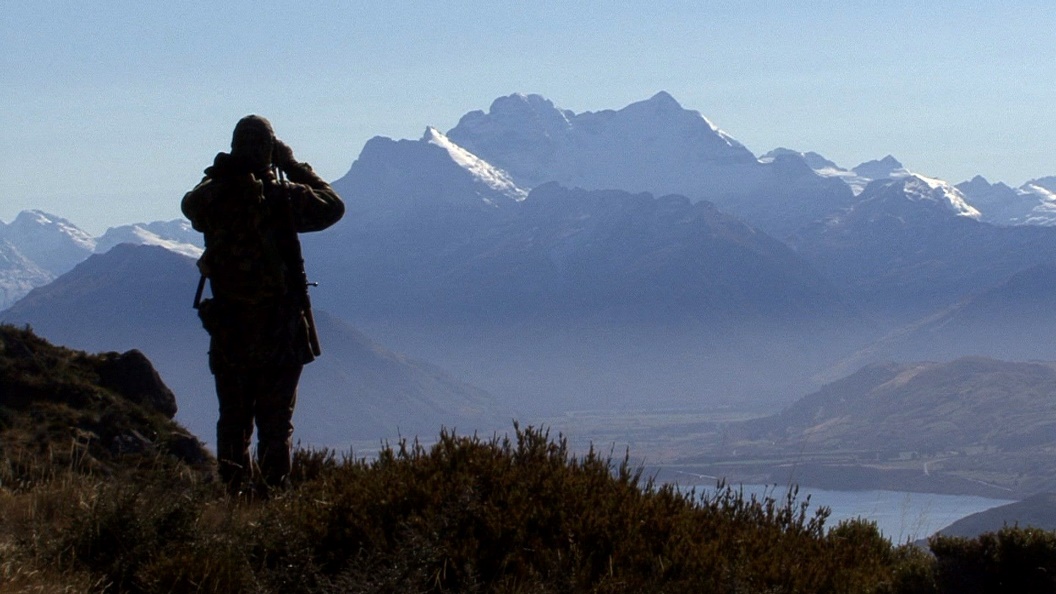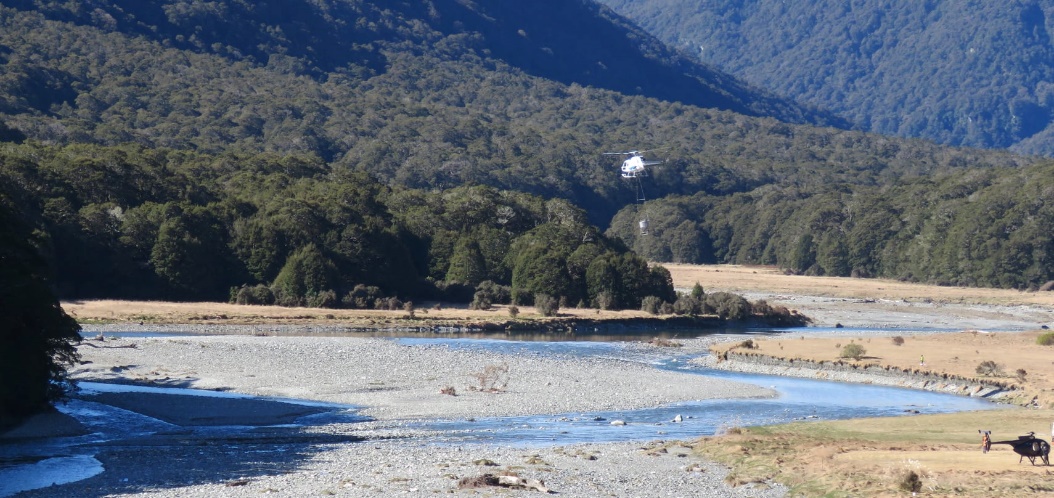Those who oppose Aerial 1080 believe it is just plain wrong – on so many levels. Efforts to get it stopped are frustrating. Growing international exposure may be the best tool in the toolbox – yet it’s bittersweet.
So-called Anti-1080 people generally love New Zealand, its bush and it’s backcountry with a fierce, unbridled passion – and do not want their beloved country painted in a bad light.
As concerned citizens, however, Anti-1080 people are horrified by heinous cruelty against all wildlife (including non-target natives, and endangered species); attacks by their own government, it’s agencies, and their cohorts on their way of life; and risks to their whanau, and public health. They are not treasonists.
Humans have changed New Zealand’s landscape forever – and there’s no going back. We’re more fortunate than many countries – as we still have plenty of natural habitat. Aerial 1080 puts that at risk though, as it’s also an insecticide – so contributes to global insect as well as wildlife collapse.
Perhaps, our choice ought to be, to take the bad with the good? Be grateful, for the bigger picture? Along with humans, possums, deer and gorse – came crops, beef cattle, sheep, dairy cows, dogs, cats and horses – with their attendant land clearing, nutrients and pesticides. What caused the most land clearance, habitat loss, and native species decline? Are introduced species really all bad? Do we really want to wind back the clock?
Hunters (and Fishers) are often accused of only being against Aerial 1080 – because it kills the animals they like to hunt. As if this is some sort of crime. Especially, given that their quarry are vilified as evil, introduced species – that were only introduced so they could be hunted. As if we introduced them.
Hunters often resent this, for the following reasons:
(1) nobody who is alive today – is guilty of introducing any of these species. They were introduced in different times – under different thinking, by society as a whole – when the disastrous consequences of some of the associated risks (eg mustelids) were not well recognised – and with the sanction of government.
Nobody alive today is any more responsible for this – than any other. Joe Hunter is no more guilty – than Eugenie Sage;
(2) we just so happen to have been born into a country where these species existed – and have taken up a perfectly legitimate way of life that centres around hunting and fishing, to harvest them for our tables – as a mainly recreational activity;
(3) we, more than any other group, take responsibility for population management of many introduced species. Where we are free to do it (made possible by favourable regulation and public access) – our harvesting helps keep their numbers in check. Annually, we spend into the hundreds of millions of dollars of our own money doing it – and we harvest 150-200,000 big game animals every year (and millions of smaller critters);
(4) therefore it seems entirely reasonable that we should claim hunting and fishing for these species as an intrinsic part of our way of life. And therefore, view any attempts to eradicate them – as an attack on that way of life.
That does not make us any less true conservationists – quite the opposite.
Generally, we are doing more for the ecological protection of our native species than any other voluntary group – by a massive margin. What would happen to introduced species populations – if we stopped? It is introduced species that are our quarry.
We want to see them maintained at sustainable population levels that appropriately manage native ecological harm – just not wiped out. “.

1080 operation, Kepler Mountains, 2016 – Carol Sawyer

Hunter in the mountains – Stealth films, “Flashing Antlers”

1080 operation, Makarora Valley – Carol Sawyer
